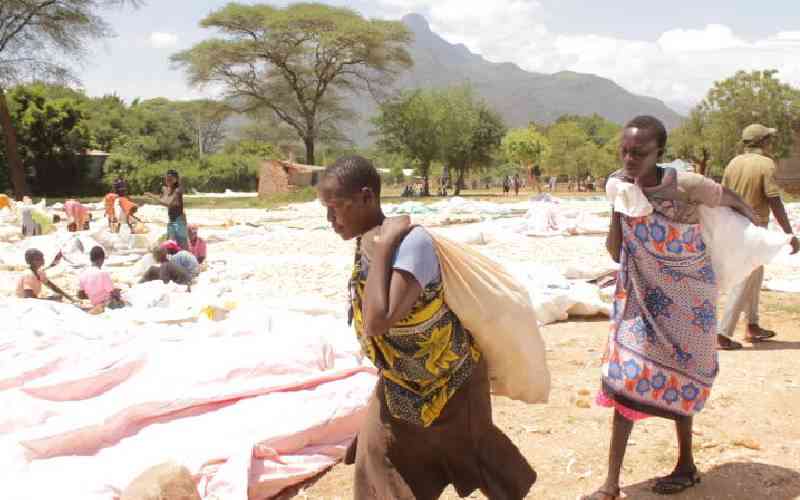×
The Standard e-Paper
Kenya’s Boldest Voice

Food security experts and activists have condemned the move by the government to lift the ban on genetically modified crops.
They pegged their disgruntlement on the lack of public participation provided by the constitution and further, expressed socioeconomic and public deception concerns.